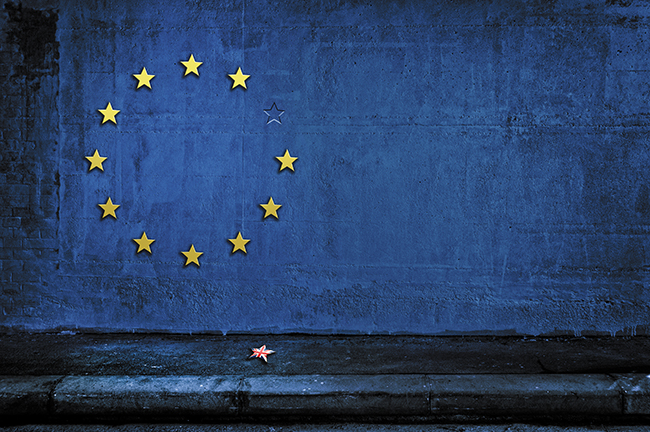
Self-imposed regulations risk UK’s standing as fine wine trading hub
The UK's status as a global trading hub for fine wine will face major risks from the additional burdens of government-imposed regulations when the UK ends its Brexit transition period at the close of the year.
This was a key message at a joint WSTA and Liv-Ex webinar, Post-Brexit Trading for Fine Wine Merchants, convened on 1 July, the day after the deadline for any extension to transition expired.
The session, based on the assumption that the UK does not reach a deal with the EU, and which was held under Chatham House Rules, highlighted the unnecessary bureaucratic and financial burdens that the current proposed roll-over of EU regulations for ‘third countries’ would impose on the UK trade.
Moreover, many of the additional costs of trade - which government currently says would sit with producers - would inevitably be passed on to UK importers and the consumers, and at a time when the challenges of recovery from the pandemic will still be pressing hard.
UK importers and shippers were urged to write to their MPs to highlight the consequences for both the £50bn the wine and spirits sector helps generate in the wider economy, with tens of thousands of jobs linked to the trade.
With UK re-exports of non-UK wine alone accounting for £650m of trade, the roll-over of costly and time-consuming £330 a pop VI-1 forms, designed to cover ‘third country’ shipments and required for each wine within a mixed shipment, were predicted to add £70m to the industry, at a conservative estimate.
This will would mean, for example, that a bottle of Petrus would have to be cracked open and tested from every shipment, making the secondary market impractical, if not impossible in many instances.
The loss of access to the EMCS system (which simplifies the movement of goods) would also triple the amount of work and bureaucracy in movement of wines, adding more cost and time to shipments.
On top of this, the new global tariffs, whereby various wine styles and origins fall into a complex set of differing categories, would also add extra work and further, if smaller, costs.
Other burdens, such as re-labelling requirements, were also highlighted, with the central message that government has, perhaps understandably during the pressing current health crisis, not thought though the consequences of the proposed burdens on the drinks sector.
The rules, as they stand, would prove “anti-competitive, highly protectionist, not serving the interests of the trade or consumers”.
Highlighting a ‘new proposal’, the panel said there were opportunities to protect and even grow the UK’s standing a global wine trading hub, “whatever the outcome”.
This would be based around mutual recognition of standards, joining groups like the World Wine Trade Group, zero tariffs, digital compliance and government support for exports and trade fairs.
The wine team in Defra were said to be very aware of the issues, but negotiations are ongoing, with the difficulty being catching government’s ear during the coronavirus crisis.
A template letter for businesses and to write to MPs to explain the cost of such burdens on the trade is to be made available via the WSTA website, with all in the sector urged to do so.
Keywords:
- wine
- UK
- EU
- Fine Wine
- WSTA
- trade
- sector
- Government
- trading
- global
- time
- fine
- EMCS
- VI
- current health crisis
- burdens
- trading hub
- uk importers
- central message
- roll over
- prove “anti competitive
- global wine trading
- competitive highly protectionist
- “anti competitive highly





